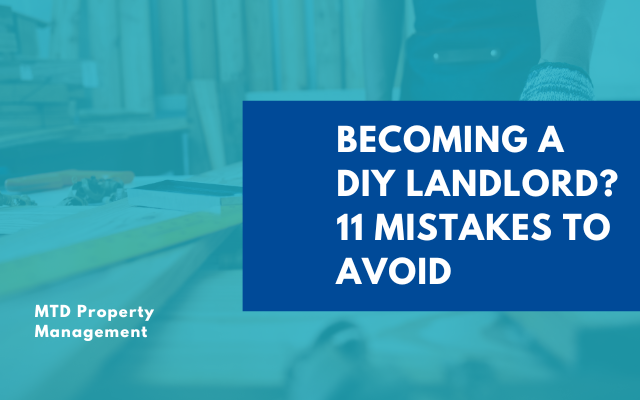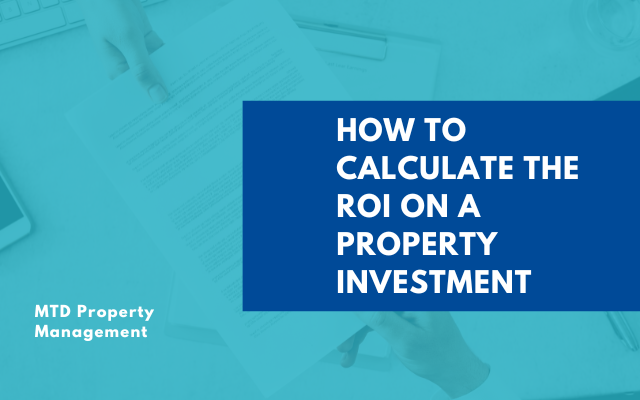Rental Documents Landlords Need
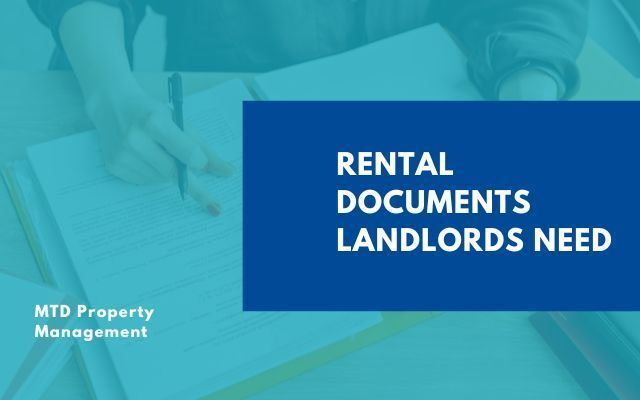
Renting out a home is one of the biggest decisions someone can make. It’s a process that requires lots of time and dedication, not to mention paperwork. It can all be a bit confusing, especially for first-time landlords.
To help you navigate this process with ease, the team at MTD Property Management has put together a list of all the rental documents landlords must have.
What Are Rental Documents?
They are legally binding documents that outline the terms and conditions of the rental arrangement, as well as any relevant expenses. They serve to protect both parties from potential disputes or misunderstandings.
Rental documents usually include the lease agreement, the security deposit receipt, and the parking agreement, to name a few.
Why Do Rental Documents Matter?
Rental documents offer a written record of the agreed rental terms. This is extremely important, as rental documents provide a clear and definitive reference point for both the tenant and the landlord.
Rental documents are also important for tax purposes, as they provide proof of income for landlords and deductions for tenants.
Here are three reasons rental documents matter:
1. Protection of Rights: Rental documents protect the rights of both the tenant and the landlord by clearly defining the responsibilities and duties of each party.
2. Clarity and Understanding: Rental documents may help avoid potential disputes by clearly outlining any expectations that have been set.
3. Accountability: Rental documents specify the consequences of breaching the lease’s terms. This makes sure that all parties can be held accountable for their actions.
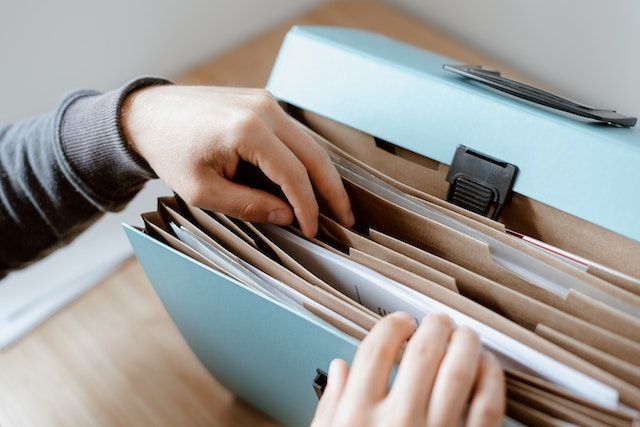
Rental Documents Landlords Must Have
Lease Agreement
A lease agreement is an essential document that outlines the rights and responsibilities of both the landlord and the tenant. Having a well-drafted and legally binding lease is crucial. It helps ensure that both parties are aware of their obligations under the law. It should include information such as:
- The rent amount
- Payment schedules
- Consequences for late payment
- Pet policies
- Occupancy restrictions
- Permitted uses of the property
- Rules regarding subletting or guests
Lease agreements are usually written on a month-to-month basis, but may also be written for longer periods. You must keep a signed copy of the agreement for your records. As an added protection, you should also take pictures of the property before and after the tenant moves in, to document its condition.
Rental Application
A rental application is a document that allows landlords to assess the suitability of potential tenants. A typical rental application includes details such as the applicant's name, address, contact information, and rental history. It may also mention their social security number, credit score, proof of income or employment, and references from previous landlords.
Both part-time and
full-time landlords should keep rental applications throughout the entire tenancy, as it is a record of the tenant's rental history. You can use it to verify the accuracy and consistency of the information provided.
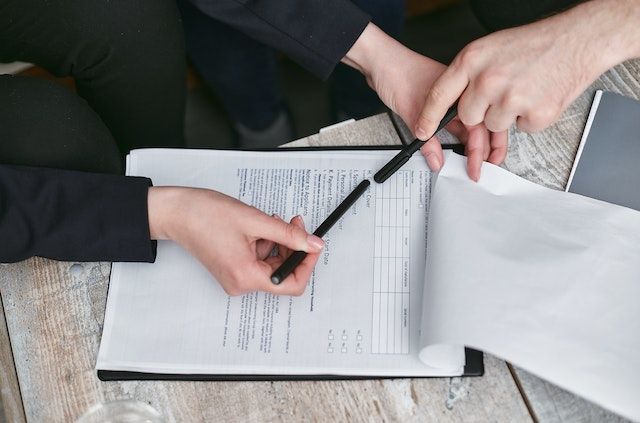
Rent Receipts
Rent receipts are an essential document for landlords and tenants alike. It should include the tenant’s name, the amount paid, the payment date and method, and the rental period. Keeping rent receipts can help you track the payments made, as well as provide a record in the event of a dispute.
Rent receipts can serve as proof of rental income when filing your taxes. They may enable you to make certain deductions or even predict the cash flow for your rental business.
It is crucial that landlords keep copies of their rent receipts, be it in a digital format or as a physical copy. Both the tenant and the landlord should sign the rent receipt to make it legally binding.
Maintenance and Repair Records
Having well-documented maintenance and repair records is a must for landlords. They should include all maintenance and repair requests from tenants, clearly mention the cost of the repair, and the date it was completed.
These records are a great way to track your expenses, prove that you handle requests in a timely manner, and demonstrate that you conduct adequate maintenance.
Security Deposit Receipt
Landlords must keep track of all the security deposits they receive. The security deposit is an important part of the landlord-tenant relationship and should be treated as such.
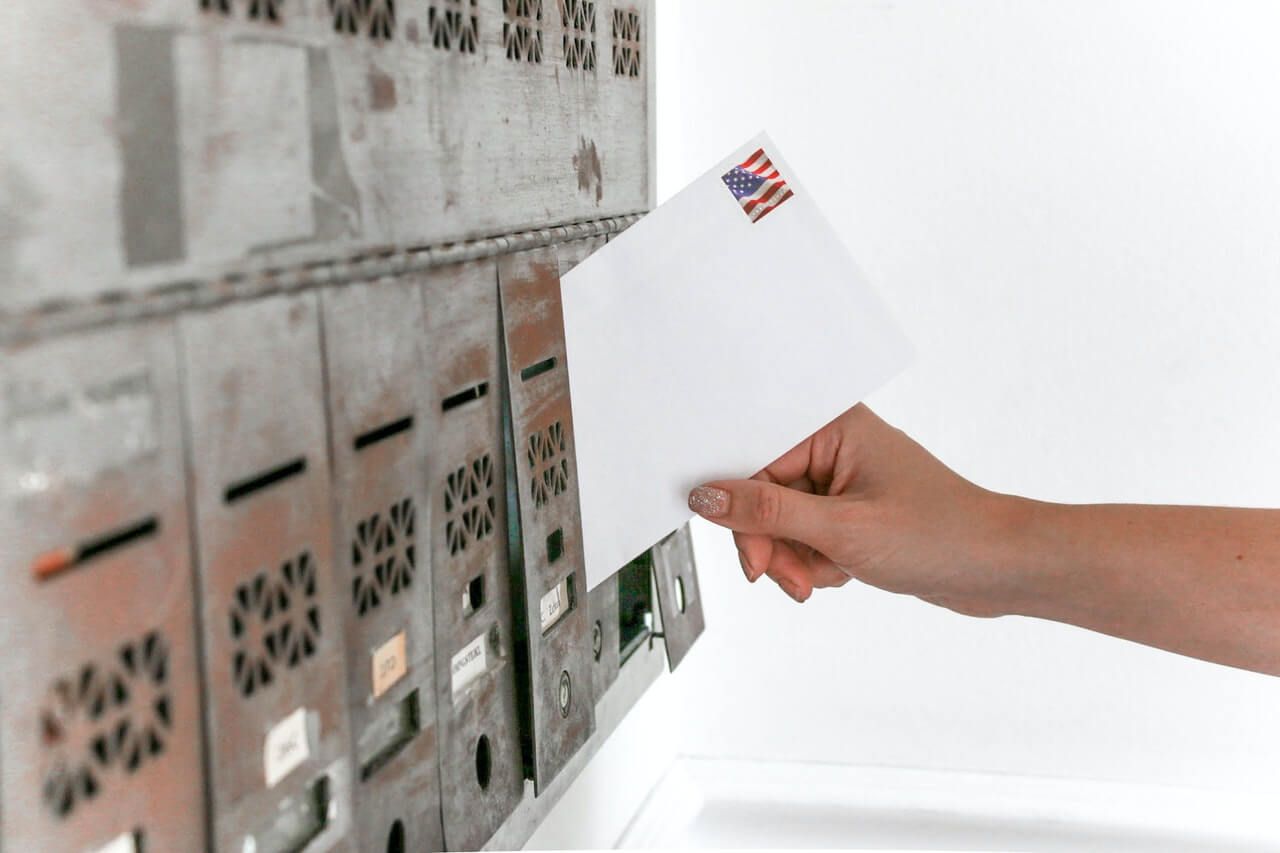
The security deposit receipt should include the deposit’s amount, the date it was received, and its conditions. You should also keep a record of when and how the security deposit was returned to the tenant. All of these records should be stored in a secure location for easy access in case of an audit or dispute.
Eviction Notice
It’s important for the landlord to keep a copy of any written eviction notice if they plan to evict a tenant. This notice should include the amount of the security deposit that is being withheld, the reason for withholding, and the amount of any remaining deposit.
Keeping a copy of all eviction forms and notices allows you to clearly document the reason for evicting a tenant. This documentation can be used as evidence in any legal proceedings related to the eviction and ensures the tenant is aware of the specific reason why they are being evicted.
Bottom Line
Landlords should keep track of all important rental documents in order to protect their interests, keep out of legal trouble, and manage their finances accordingly. Common documents that landlords should possess include rental applications, lease agreements, and security deposit receipts.
If you need help keeping documents safe and organized, you should contact
MTD Property Management. MTD Property Management offers an easy-to-use, secure document storage solution that can be accessed from any device. With our help, you can store all of your documents in one place and focus on growing your rental business!


